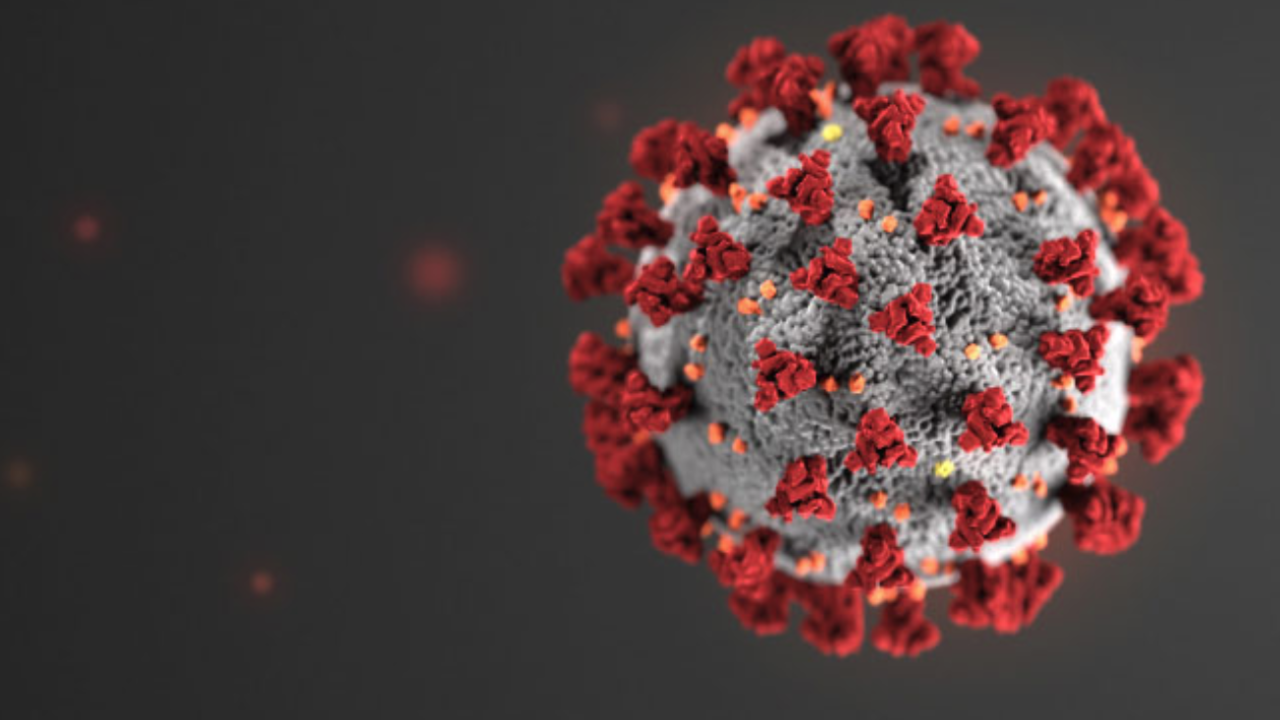IOWA CITY, Iowa — Iowa has among the nation’s highest coronavirus infection and death rates and residents should avoid gatherings in most counties, federal health experts say.
Iowa had 238 new cases and 2.8 deaths per 100,000 people last week, about double the national per capita average between Oct. 10 and Oct. 16, the White House Coronavirus Task Force reported.
The task force report of Oct. 18 was released Friday by the Iowa Department of Public Health. The grim statistics came as Iowa’s hospitals faced a surge of coronavirus patients. The number hospitalized hit a record 536, according to data released Thursday.
In all, 90% of Iowa’s 99 counties are experiencing high or moderate levels of virus transmission.
The report recommends “mask wearing, physical distancing, hand hygiene, avoiding crowds in public and social gatherings in private and ensuring flu immunizations.”
The state reported a one-day record of 31 deaths on Wednesday and 38 more in the two days since for a total of 1,617.
COVID-19 Precautions
Most patients with COVID-19 have mild to moderate symptoms. However, in a small proportion of patients, COVID-19 can lead to more severe illness, including death, particularly among those who are older or those who have chronic medical conditions.
COVID-19 spreads primarily through respiratory droplets produced when an infected person coughs or sneezes.
Symptoms include fever, cough, and difficulty breathing. Symptoms appear within 14 days of being exposed to an infectious person.
Virginia health officials urged the following precautions:
- Wash your hands often with soap and water for at least 20 seconds.
- Use an alcohol-based hand sanitizer only if soap and water are not available.
- Avoid touching your eyes, nose, and mouth.Cover your mouth and nose with a tissue or your sleeve (not your hands) when coughing or sneezing.
- Clean and disinfect frequently touched objects and surfaces.
- Stay home when you are sick.
- Avoid contact with sick people.
- Avoid non-essential travel.


